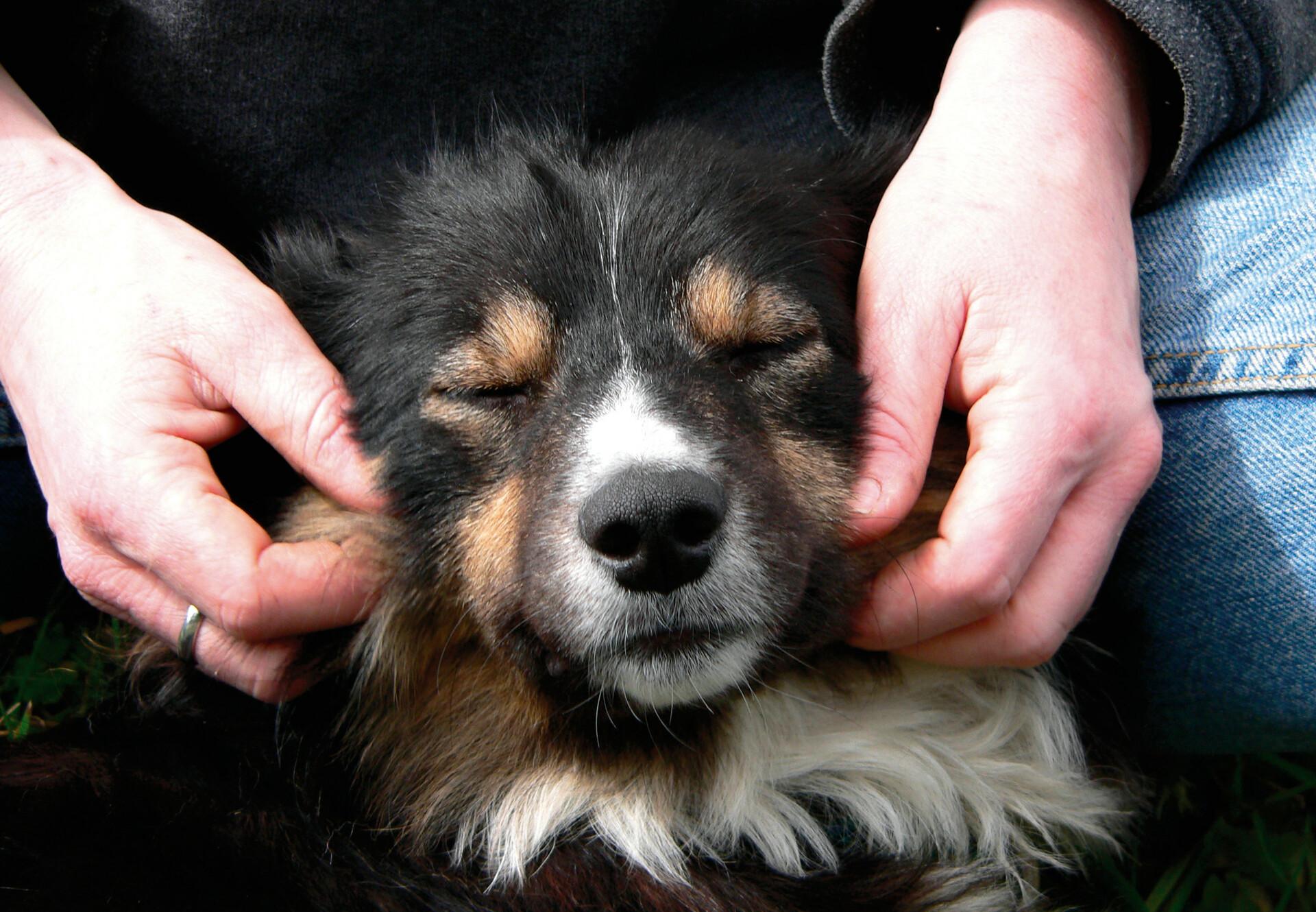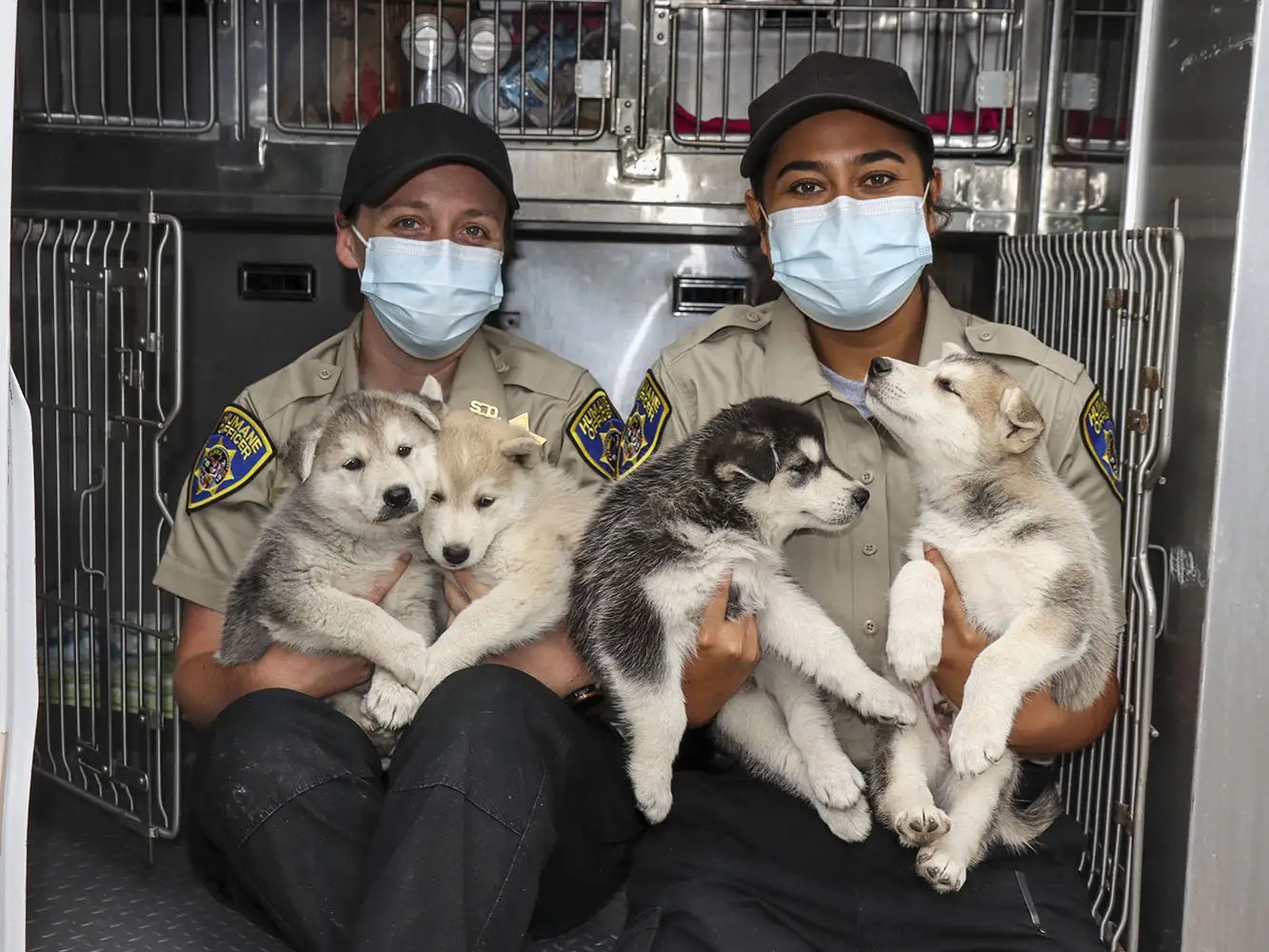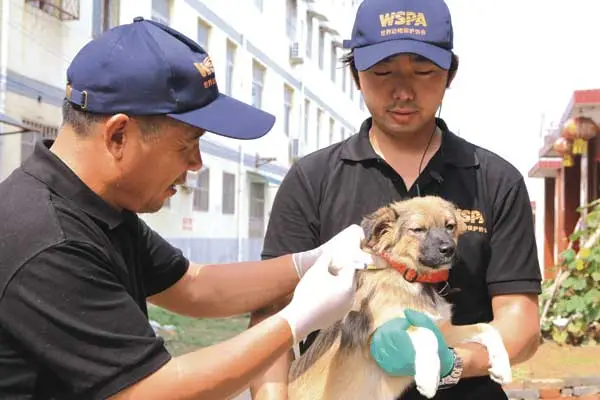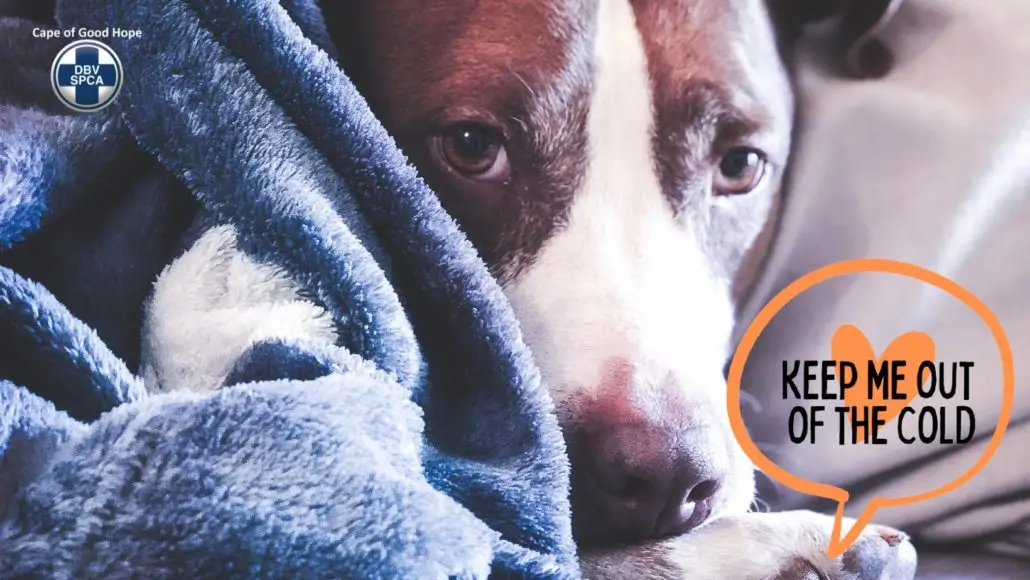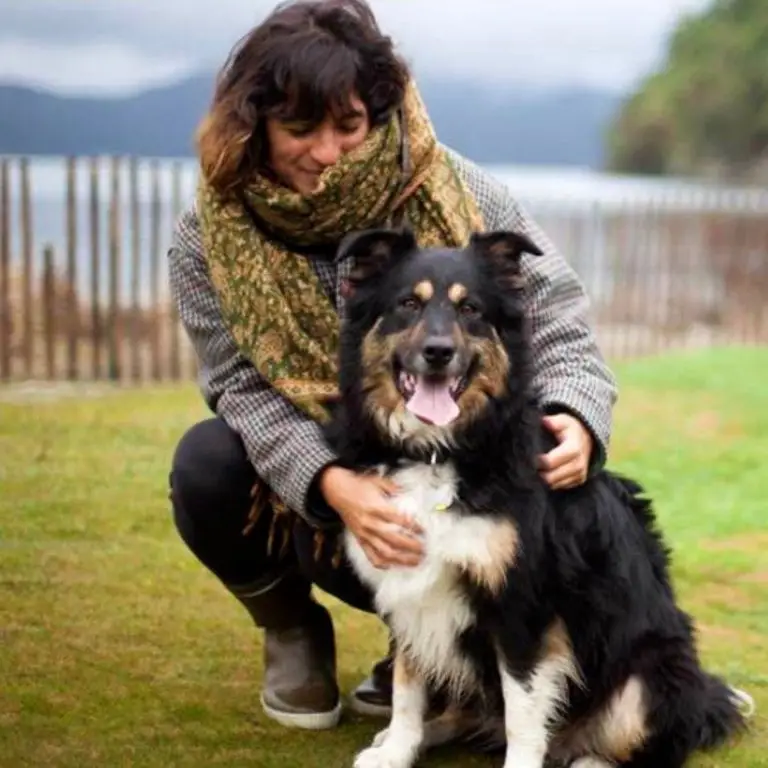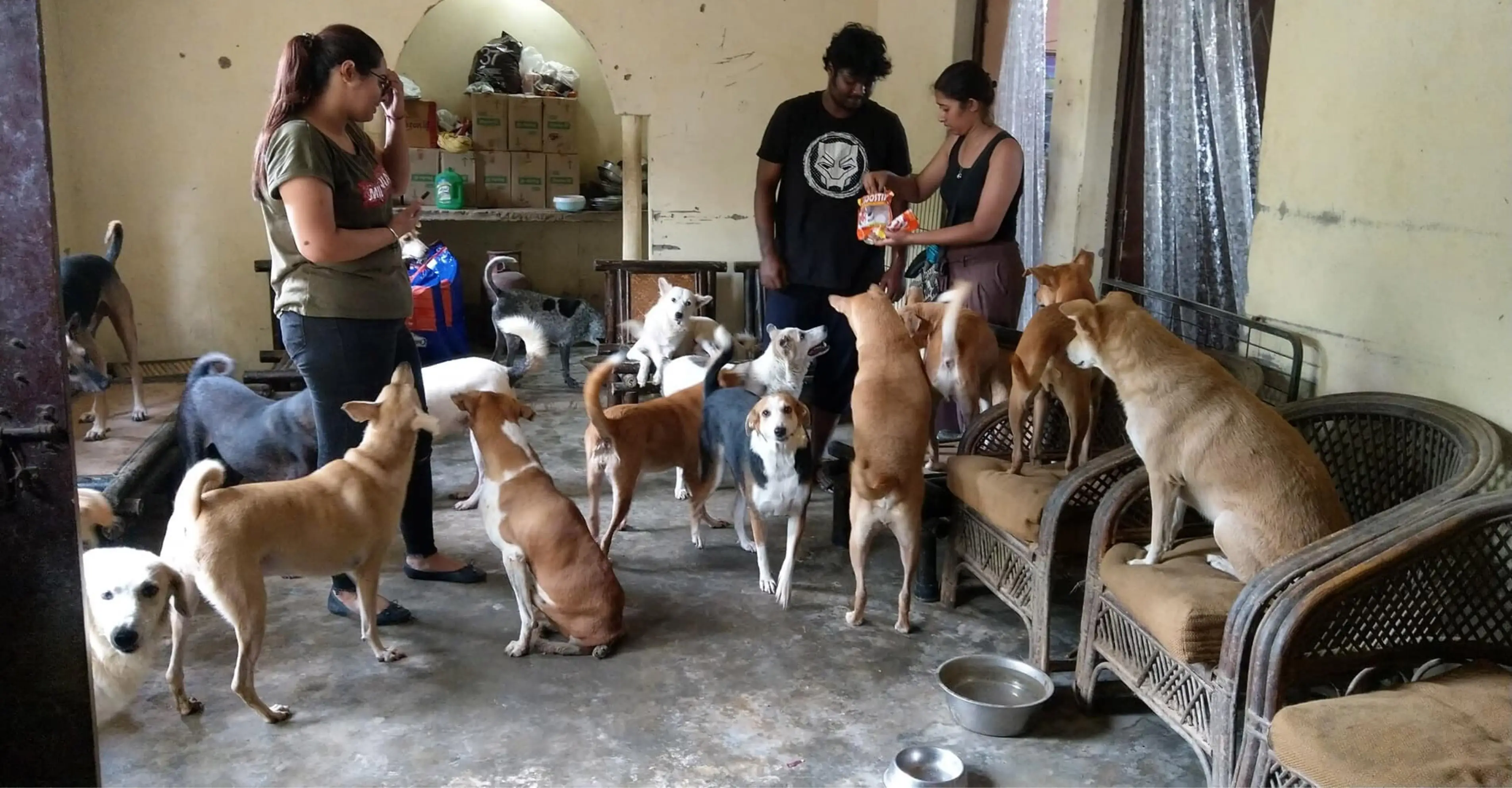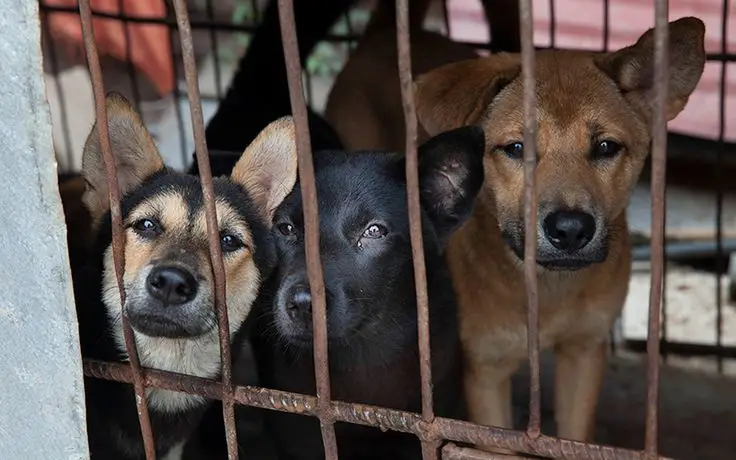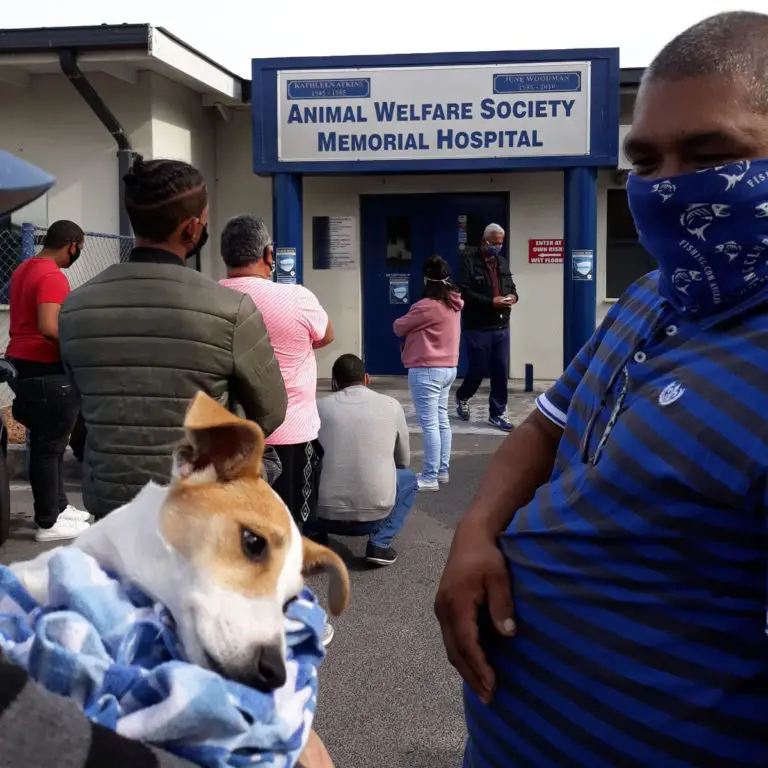Protecting Animal Welfare Society Why We Need to Take Action Now

Protecting animal welfare societies is important for a number of reasons. They help to ensure that animals are treated with dignity and respect, they help to protect public health, and they help to protect the environment.
The Importance of Protecting Animal Welfare Society
Animal welfare is the quality of life experienced by an animal, both physically and mentally. It is important to protect animal welfare for a number of reasons, including:
- Moral obligation: Animals are sentient beings, meaning they can experience pain, suffering, and joy. As such, we have a moral obligation to treat them with respect and compassion.
- Public health: Animal welfare is closely linked to public health. For example, animals raised in factory farms are more likely to be infected with diseases that can be transmitted to humans.
- Environmental protection: Animals play an important role in ecosystems. Protecting animal welfare helps to protect biodiversity and maintain healthy ecosystems.
Animal welfare societies play a vital role in protecting animals. They provide a variety of services, including:
- Rescuing and rehabilitating animals: Animal welfare societies rescue animals from abusive and neglectful situations, and provide them with the care and rehabilitation they need to thrive.
- Promoting adoption: Animal welfare societies work to promote the adoption of homeless animals. They provide education and resources to potential adopters, and help to match animals with the right families.
- Advocating for animal welfare: Animal welfare societies advocate for policies and legislation that protect animals. They work to educate the public about animal welfare issues, and to build support for animal-friendly causes.
10 Best US Animal Rescue Organizations in 2023
Protecting animal welfare societies is important because it helps to ensure that all animals are treated with dignity and respect. It also helps to protect public health and the environment.
Here are some specific examples of how protecting animal welfare societies can benefit society:
- Animal welfare societies can help to reduce the spread of zoonotic diseases. Zoonotic diseases are diseases that can be transmitted from animals to humans. When animals are raised in inhumane conditions, they are more likely to become sick. Animal welfare societies work to ensure that animals are treated humanely, which helps to reduce the risk of zoonotic diseases spreading.
- Animal welfare societies can help to protect the environment. Animals play an important role in ecosystems. For example, bees pollinate plants, which are essential for food production. When animals are threatened or endangered, it can have a negative impact on the environment. Animal welfare societies work to protect animals and their habitats, which helps to protect the environment as a whole.
- Animal welfare societies can improve public health. Studies have shown that interacting with animals can have a number of health benefits, such as reducing stress and improving mental health. Animal welfare societies provide opportunities for people to interact with animals in a safe and humane way.
Thirdly, animal welfare is a moral obligation, emphasizing our responsibility to protect vulnerable beings and prevent unnecessary suffering. All animals, including those raised for consumption, deserve basic rights such as freedom from pain, injury, fear, hunger, thirst, and distress. By protecting animal welfare, we uphold our ethical standards, promoting compassion, respect, and empathy.
Animal Rights and the Protecting Animal Welfare Society in Ensuring Their Protection
Animal rights refer to the entitlements that animals should have, such as the right to life, liberty, and freedom from cruelty. While animal welfare focuses on the humane treatment of animals, animal rights recognize their intrinsic value and autonomy. Society plays a crucial role in ensuring animal rights are upheld by creating laws, policies, and regulations that protect animals from harm.
The United Nations Universal Declaration of Animal Welfare (UDAW) is a statement that aims to promote animal welfare worldwide. It recognizes that animal welfare is an essential aspect of sustainable development and encourages governments to adopt measures that protect animals’ dignity and welfare. Several countries, including India, Switzerland, and New Zealand, have enacted laws recognizing animals as sentient beings with rights.
Non-governmental organizations (NGOs) also play a significant role in advocating for animal rights. The Humane Society International, for example, works to improve animal welfare globally by implementing programs that reduce animal suffering, conducting research, and lobbying for policy changes. Similarly, People for Ethical Treatment of Animals (PETA) campaigns against animal testing, fur farming, and other forms of animal exploitation.
Advocating for Animal Welfare: Strategies for Creating a More Humane Society
Advancing animal welfare requires concerted efforts from different stakeholders, including government, NGOs, private sector, and citizens. Here are some strategies for creating a more humane society:
Education and Awareness
Educating people about animal welfare is fundamental to building a culture of compassion. Schools and universities can incorporate animal welfare into their curricula, teaching students about the importance of treating animals humanely. Likewise, public awareness campaigns, social media platforms, and documentaries can raise public consciousness and inspire action.
Legislation and Policy
Governments must enact and enforce laws that protect animals from abuse, neglect, and cruelty. This includes laws regulating the use of animals in scientific research, animal agriculture, and entertainment. Additionally, policymakers can incentivize alternatives to animal-based products by promoting plant-based diets, investing in alternative protein sources, and supporting sustainable agriculture.
Corporate Responsibility
The private sector also has a role to play in advancing animal welfare. Food companies, for instance, can adopt animal welfare standards, such as reducing the use of antibiotics, increasing space allowances for livestock, and improving slaughter methods. Similarly, cosmetic brands can eliminate animal testing and opt for cruelty-free ingredients.
Citizen Action
Individuals can make a difference by adopting ethical consumption habits, volunteering at animal shelters, and supporting animal welfare organizations. Furthermore, voting for candidates that prioritize animal welfare and contacting lawmakers can influence policy decisions.
Protecting Endangered Species: Why Society Must Take Action Now
Many species face extinction due to human activities such as habitat destruction, poaching, and climate change. The loss of biodiversity not only affects animals but also human well-being by disrupting ecosystem services such as pollination, water purification, and carbon sequestration. Here are some reasons why society must take action to protect endangered species:
Ecological Importance
Endangered species play a vital role in maintaining the balance of ecosystems. They serve as indicators of environmental health and contribute to nutrient cycling, soil formation, and water filtration. For example, the African elephant, which is classified as vulnerable, helps maintain savannah grasslands by feeding on trees and shrubs, preventing them from becoming dominant over grasses. The loss of elephants can lead to changes in vegetation composition, which can affect other herbivores and carnivores in the ecosystem.
Culturally Significant
Endangered species are often culturally significant to local communities, symbolizing traditions, spirituality, and identity. For instance, the Bengal tiger in India holds religious and cultural significance as a symbol of power, strength, and courage. Protecting endangered species ensures that cultural heritage is preserved for future generations.
Economic Value
Endangered species can also have significant economic value through tourism and ecotourism. For instance, birdwatching tourism generates billions of dollars annually, with some species such as the Kakapo, attracting thousands of tourists to New Zealand. Similarly, wildlife safaris in Africa generate revenue for local communities and national parks, contributing to conservation efforts.
To protect endangered species, society must take action by:
- Enforcing existing laws and regulations against poaching, illegal trade, and habitat destruction
- Investing in conservation initiatives, such as habitat restoration, breeding programs, and anti-poaching patrols
- Promoting sustainable use of natural resources, such as ecotourism, sustainable fishing practices, and responsible agriculture
- Raising public awareness about the importance of endangered species and their conservation needs
- Supporting research on endangered species’ biology, behavior, and ecology to inform conservation strategies.
The Connection Between Animal Welfare and Human Health: Why It Matters
Animal welfare is closely linked to human health, with several zoonotic diseases emerging from the exploitation of animals for food, trade, and entertainment. Zoonotic diseases are infectious diseases that cross over from animals to humans, causing illness and sometimes death. For example, the Ebola virus, which originated from fruit bats, has infected thousands of people in West Africa, leading to high mortality rates.
Furthermore, animal welfare can affect human health by influencing the quality and safety of food products. Poor animal welfare practices, such as the use of antibiotics, overcrowding, and unsanitary conditions, can lead to the transmission of pathogens to humans through food consumption. For instance, the spread of antibiotic resistance is a major public health concern, with some estimates suggesting that it could cause 10 million deaths annually by 2050.
Improving animal welfare can thus have significant benefits for human health by reducing the risks of zoonotic diseases and promoting safe and healthy food production. Strategies for promoting animal welfare to improve human health include:
- Reducing the demand for animal-based products through plant-based diets
- Encouraging sustainable agriculture practices that prioritize animal welfare and reduce the use of antibiotics
- Improving animal welfare standards in the farming, fishing, and entertainment industries
- Funding research on zoonotic diseases and their prevention.
The Economics of Animal Welfare: The Cost-Benefit Analysis of Protecting Animal Rights
Animal welfare can have economic implications for society, both positive and negative. On the one hand, protecting animal welfare can lead to benefits such as:
- Reduced costs of healthcare by preventing zoonotic diseases and promoting healthy food production
- Increased revenue from ecotourism, organic farming, and ethical consumerism
- Improved productivity and efficiency in animal-based industries by reducing disease outbreaks and improving animal welfare standards.
On the other hand, protecting animal welfare can also lead to costs such as:
- Increased costs of production for animal-based industries due to higher welfare standards
- Reduced profitability for industries that rely on animal exploitation, such as fur farming and animal testing
- Potential job losses in certain industries that are dependent on animal exploitation.
Overall, the economic benefits of protecting animal welfare outweigh the costs in the long term. A study conducted by the World Animal Protection estimated that transitioning to higher welfare systems in pig and broiler production in the European Union could generate net benefits of €1.6 billion annually by 2030.
Societal Attitudes Toward Animals: How They Affect Their Treatment and Protection
Societal attitudes and beliefs towards animals can have a significant impact on their treatment and protection. Positive attitudes towards animals can lead to better animal welfare standards, while negative attitudes can result in cruelty, abuse, and neglect. Here are some factors that influence societal attitudes towards animals:
Culture
Culture plays a significant role in shaping attitudes towards animals. Cultures that view animals as sources of food, clothing, or entertainment may be more accepting of animal exploitation, while cultures that perceive animals as companions or spiritual beings may prioritize animal welfare. For example, in India, cows are considered sacred and are protected by law, while in other countries, cattle are raised for beef production.
Education
Education can also shape attitudes towards animals by providing knowledge about animalbehavior, biology, and welfare. Schools and universities that incorporate animal welfare into their curricula can promote empathy and compassion towards animals.
Media
Media portrayals of animals can also influence societal attitudes towards them. Positive depictions of animals as sentient beings with emotions and personalities can lead to greater concern for their welfare, while negative portrayals can lead to apathy or even hostility towards animals.
Religion
Religion can shape attitudes towards animals, with some religions promoting the belief in animal rights and protection. For example, Buddhism emphasizes compassion towards all living beings, while Jainism requires strict adherence to non-violence towards all animals.
To promote positive attitudes towards animals, society can:
- Incorporate animal welfare education into school curricula
- Promote positive media portrayals of animals
- Encourage religious leaders to promote animal welfare and protection
- Support research on animal behavior and cognition to increase public awareness of their sentience.
Enforcing Animal Welfare Laws: Challenges and Solutions for Society
Enforcing animal welfare laws can be challenging due to several factors, including insufficient resources, lack of political will, and cultural barriers. Here are some challenges and potential solutions for enforcing animal welfare laws:
Insufficient Resources
Insufficient resources, such as funding, staff, and equipment, can hinder enforcement efforts. Animal welfare agencies may lack the necessary resources to conduct inspections, investigations, and prosecutions effectively.
Solution: Governments and NGOs can increase funding and support for animal welfare agencies, providing them with adequate resources to enforce animal welfare laws. This can include hiring more staff, providing training and equipment, and collaborating with other agencies.
Lack of Political Will
Lack of political will to prioritize animal welfare can also pose a challenge. Animal welfare may be low on the political agenda, with other issues such as the economy, healthcare, and national security taking precedence.
Solution: Advocacy efforts by NGOs, citizens, and policymakers can raise awareness and increase political will for animal welfare. This can involve lobbying, media campaigns, public demonstrations, and engaging with lawmakers.
Cultural Barriers
Cultural differences and attitudes towards animals can also pose a challenge to enforcing animal welfare laws. Some cultures may view certain forms of animal exploitation as acceptable or necessary for their livelihoods or traditions.
Solution: Efforts to promote understanding and respect for cultural differences can help bridge the gap between different perspectives on animal welfare. This can involve dialogue, education, and compromise.
Collaborative Approaches to Protecting Animal Welfare: The Role of Government, NGOs, and Citizens
Protecting animal welfare requires collaborative efforts from different stakeholders, including government, NGOs, and citizens. Here are some ways in which these stakeholders can work together to protect animal welfare:
Government
Governments have a significant role to play in protecting animal welfare by creating laws, regulations, and policies that promote animal welfare. They can also allocate funding and resources for enforcement efforts, support research on animal welfare, and collaborate with NGOs and citizens to promote animal welfare initiatives.
NGOs
NGOs play a crucial role in advocating for animal welfare, providing services such as rescue, rehabilitation, and adoption. They can also conduct research, raise public awareness, and lobby for policy changes. Collaboration between NGOs and government agencies can lead to more effective animal welfare initiatives.
Citizens
Individuals can make a difference by adopting ethical consumption habits, volunteering at animal shelters, and supporting animal welfare organizations. They can also contact lawmakers, participate in public demonstrations, and raise public awareness about animal welfare issues.
Collaborative approaches to protecting animal welfare can include:
- Public-private partnerships that bring together government, NGOs, and private sector companies to promote animal welfare
- Multi-stakeholder dialogues that foster constructive discussions and collaboration on animal welfare issues
- Co-management systems that involve local communities in managing natural resources and promoting animal welfare.
Building a Culture of Compassion: Creating a Society That Prioritizes Animal Welfare
Building a culture of compassion is essential for creating a more humane society that prioritizes animal welfare. This involves promoting empathy, respect, and kindness towards animals and recognizing their intrinsic value. Here are some ways to foster a culture of compassion:
Education
Education is fundamental to building a culture of compassion by promoting knowledge about animal behavior, biology, and welfare. Schools and universities can incorporate animal welfare into their curricula, teaching students about ethical considerations surrounding animal use and treatment.
Media
Media portrayals of animals are influential in shaping public attitudes towards them. Positive depictions of animals as sentient beings with emotions and personalities can promote empathy and respect towards them.
Advocacy
Advocacy efforts, such as lobbying for policy changes, raising public awareness, and campaigning against animal cruelty, can increase societal support for animal welfare and create a movement towards more compassionate behaviors and practices.
Role Models
Celebrities, influencers, and public figures who champion animal welfare can serve as role models, inspiring others to adopt more compassionate lifestyles and attitudes towards animals.
Building a culture of compassionSure, how can I assist you today?


